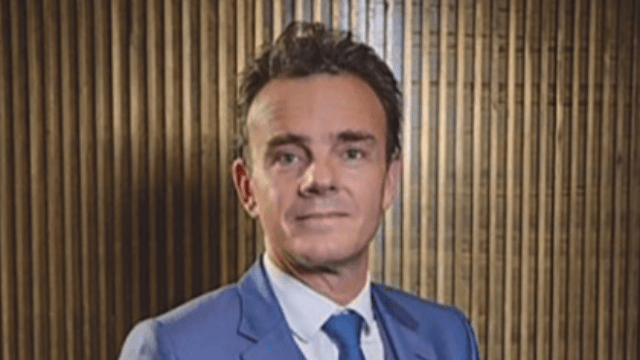In Reflets Magazine #149, Arnaud Gangloff (E92), CEO of the strategic and transformation consultancy firm Kéa, co-author of the essay L'Entreprise face à sa responsabilité [The Company and its Responsibility] and member of the ESSEC Board since 2022, discusses the profession of consultant, the essential transformation of the company, and its role as a key player in environmental and social transition. Here is a free online translation of an excerpt of the article… subscribe to get the next issues (in French)!
Reflets Magazine: How is the French consultancy sector doing right now?
A. Gangloff: Not too bad. The sector continues to see strong growth and came out of the COVID pandemic relatively unscathed. It’s true that, historically, the French consultancy market contributes less to GNP than in English-speaking countries, weighing about half as much as the German or UK sector. That said, the sector has been seeing double-figure growth for several years, is very dynamic on the whole, and continues to attract young talents.
RM: So you have no particular problems recruiting new talents...
A. Gangloff: Factually, I’d say no. In terms of payroll, our sector is growing by 10% annually. However, we also have a significant attrition rate of around 15% to 20% during the first three to four years of careers. It’s also true that the COVID period was quite tricky to manage. Many of our staff began to see this time as an opportunity to change sector, through personal choice, more particularly in relation to the place of residence, i.e., Paris versus elsewhere in France. In addition, our activity within the firm did not allow for teleworking, simply because it is not enough to just provide pertinent recommendations to our clients. It is essential for us to develop a close, trustworthy relationship, without which, to our mind, the quality of the account is lacking. We believe in providing additional engagement. Presence, contact and inter-relation with our clients are primordial for us. In short, the attrition rate during the early career years is approximately the same as previous years, and a little more significant than before after four to ten years of work. Generally speaking, however, the sector continues to retain a good third of staff planning to make a career in consulting. This is a particularly important factor for us, because we are very attached to the notion of transmission.
RM: How important is meaningfulness for the young generation of consultants?
A. Gangloff: This is a fundamental question. I raised the issue a few years ago in Les Échos; I think our profession is under serious threat of commoditisation. We cannot explain to our staff that we’re going to give meaning to their work just because they have a pleasant workplace with a gym and a foosball table. You have to create a firm in which consultants understand the sense of the structure employing them, and which endeavours to bring meaning to their work. A few days before the lockdown, we decided to change the firm’s statutes to become an “entreprise à mission” or benefit corporation, a first for European strategic consultancies. A very recent survey reveals that, since that date, 97% of our staff believe that their day-to-day activity is in keeping with Kéa’s mission.
RM: Has the profession of consultant seen any major changes in the last ten to twenty years?
A. Gangloff: It has remained what we call an intellectual service profession. I thus believe we must provide our clients with added-value intelligence on a daily basis, whether we’re offering a method or a point of view on substantive or value elements. What has changed, however, is that our clients have progressed in a certain number of fundamentals, such as project management, which was a basic consulting task a few years ago. Our added value lies elsewhere at present. Furthermore, our client’s transformation issues, related to sustainability or digital, data and technological concerns, are now highly specific to their business or economic model. The consulting profession can no longer afford to deal with these issues with a general, all-purpose approach. We firmly believe that our segment, i.e., consulting for senior management, needs a substantially higher level of sectorial expertise than was required a few years ago.
RM: Are companies now obliged to find another business model to guide their transformation?
A. Gangloff: They have no option; current models are clearly no longer adapted. CSR, ESG and other questions can no longer be a secondary concern, simply because companies are at the heart of transformation. If we want to change society, they are unquestionably key players. There is no alternative therefore but to shake up business to move towards models which are less extractive, more regenerative and respectful of our planet. We need a complete overhaul of how we view performance, so that shareholders and all stakeholders share the same conviction in their allocation of resources and validation of corporate strategies. There is no other solution. The company now represents a responsibility which goes beyond its economic and financial role; it is a societal player which can transform society through its own transformation.
Interview by François de Guillebon, Chief Editor at Reflets Magazine
Translation of an excerpt of an article published in Reflets Magazine #149. Read a preview (in French). Get the next issues (in French).

Comments0
Please log in to see or add a comment
Suggested Articles



